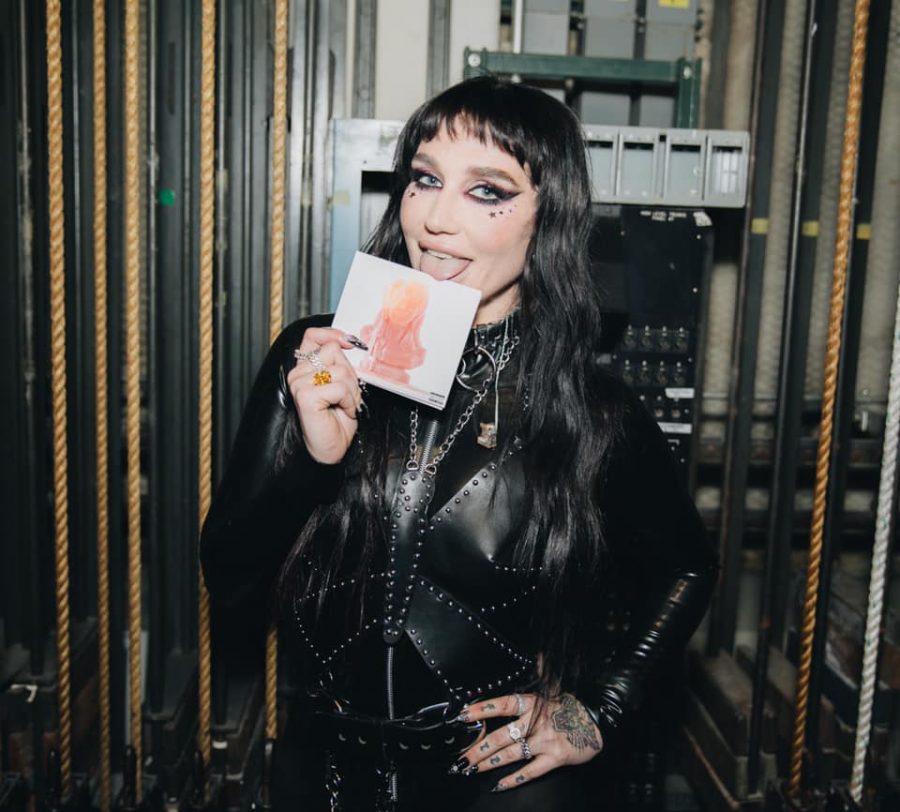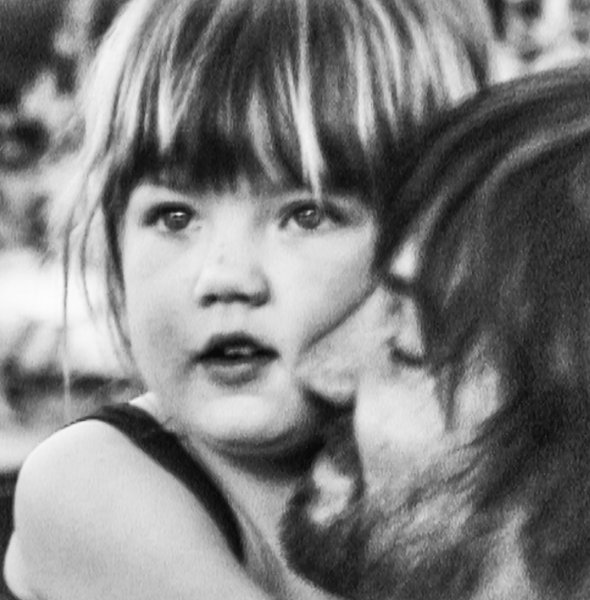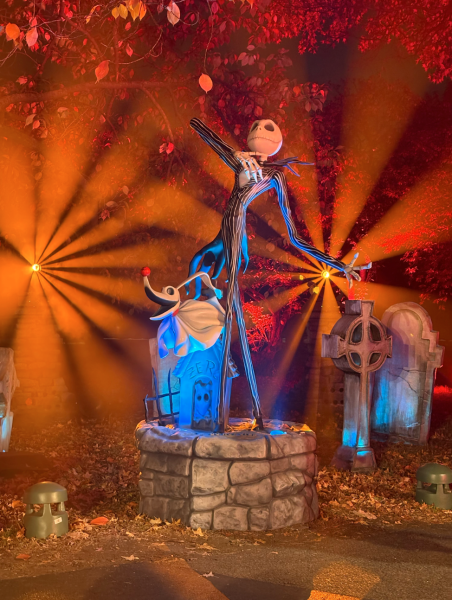Kesha Takes The “High Road” In Her New Album
When asked about the release of her newest album “High Road,” bonafide pop star Kesha described it with some wise words from rapper Pitbull: “We’re not here for a long time, we’re here for a good time.”
Following the timeless anthems from both “Animal” and “Warrior” and the quiet yet powerful “Rainbow,” “High Road” attempts to blend Kesha’s party girl roots and raw vulnerability following her court struggles.
While it does work in some aspects, it feels as if Kesha’s experimentation with a variety of genres and moods throughout the album feels inconsistent. Power anthems, including leading single “Raising Hell,” are followed by country-esque crooning tunes like “Cowboy Blues,” before transitioning to arousing melodies like “Birthday Suit.”
Notably, the end of the album, the emotional ballad “Father Daughter Dance,” immediately follows the happy-go-lucky “BFF” and humorous “Potato Song (Cuz I Want To).”
It’s as if the album doesn’t identify with any genre in particular; it doesn’t know what exactly it’s supposed to be.
Yet these deviations showcase Kesha at her strongest through her everlasting range in various types of music. She can take any genre and shape it into her own unique style, incorporating her exciting sensations and vulnerable spots.
In a way, a college girl’s dream manifests itself in “High Road.” It emphasizes the excitement surrounding the nightlife, from the wild parties, staying out with your best friends, giving absolutely no cares and embracing your youth. The album opens with a bang with “Tonight,” a tune equivalent to an acid flashback to the celebratory “Animal” era.
The song opens with swelling piano and Kesha’s powerful vocals, but gets down to business as soon as the beat drops. Catchy lyrics beckon us into the nightlife, making us want to go out and embrace the party scene for an eternity.
It’s the type of song that will get an entire club on their feet, and it’s a perfect way to launch “High Road.” While “Tonight” hypes us up for the celebrations to follow, “My Own Dance” assures us that being the “party girl” is perfectly okay. On these songs she encourages listeners to get over their struggles by dancing. She doesn’t care about others judging her as long as she’s having fun, and that’s a mindset she wants her listeners to share.
This attitude remains evident throughout “High Road” in upbeat tracks and slower anthems. This gives a sense of diversity to a relatively similar topic; Kesha goes out, loves to get lit, fights for female recognition and doesn’t care what others think about it. “Raising Hell” embodies a sense of female empowerment for all listeners and how we should embrace our behaviors and preferences, while “High Road” takes pride in both the buzz and her own morals.
However, the album goes on and this mindset grows more personal in message. “Shadow” and “Honey” take a slower tempo, but the lyrics stay sharp. “Honey,” in particular, feels like a letter to a scorned ex, tearing her target down with silky vocals.
Kesha expresses a more vulnerable side as the album comes to a close. It’s tough to follow her previous masterpiece, “Rainbow,” which showcased her strength following court battles with Dr. Luke who she alleges sexually and emotionally abused her. The smash hit “Praying” most notably addressed this struggle.
“Rainbow” closed the chapter of her struggles in court, yet “High Road” succeeds in uncovering her newfound emotions pertaining to her strained relationship with her father in “Father Daughter Dance” and wanting to always reach for the stars for her grandmother.
“High Road” does not reach the same emotional level as “Rainbow” — the raw emotion in that previous outing is impossible to replicate — yet it still has its fair share of powerful moments. Kesha makes sure to incorporate a sense of humor into the album to lighten the mood, which is a welcome breath of fresh air.
Her song “Kinky” includes a humorous exchange between Kesha and her mother in the opening notes, and “Potato Song (Cuz I Want To)” is a strange but enjoyable addition.
Overall, “High Road” succeeds through its singles. All the songs, on their own, demonstrate Kesha’s powerful vocals and strength through her lyrics.
The songs do match with some of their partners, but the album altogether does not seem as cohesive as some of her previous collections. Nevertheless, this mixture of genres gives Kesha the chance to reveal her skills through a variety of styles, and somehow she manages to make it work.
It’s satisfying to see Kesha succeed after all she has been through, and she deserves to express her voice to the world.








































































































































































































